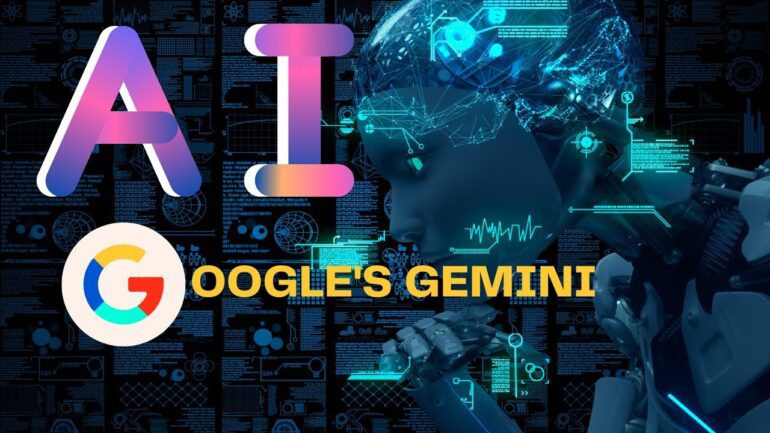TL;DR:
- Google introduced Gemini LLM, a transformative initiative embedding generative AI into core tools and services.
- Generative AI is becoming an industry standard, prompting vendors to incorporate AI into their offerings.
- Enterprises employ various strategies, including leveraging existing cloud providers, crowdsourcing, and patiently awaiting AI developments.
- Google’s suite of solutions is poised to dominate, with over half of funded generative AI startups as Google Cloud customers.
- CEO Sundar Pichai emphasizes ongoing investment and promising early results.
- Google’s Q3 CapEx of $8 billion, driven by infrastructure enhancements, supports the growing demand for AI workloads.
- This aligns with a broader industry trend of cloud hyperscalers preparing for widespread generative AI adoption.
- Google is committed to cost-effective re-engineering and long-term financial value.
- The tech giant sets new AI standards, reinforcing its commitment to innovation and progress in AI.
Main AI News:
In the fast-paced world of technology, staying ahead of the curve is imperative. Google, always at the forefront of innovation, has taken another significant step by introducing Gemini LLM. This groundbreaking initiative marks Google’s commitment to embedding generative AI into core tools and services, reaffirming its position as a leader in the industry.
As the race to integrate AI capabilities into various offerings intensifies, the mere presence of generative AI is no longer groundbreaking; it’s expected. Greg Myers, an operating partner at investment firm Cota Capital, succinctly noted during the Dell Technologies Forum in Washington, D.C., “It’s almost irresponsible for a vendor not to have AI in their literature somewhere or they’re irrelevant all of a sudden.”
Enterprises worldwide are on a quest for the best solutions, but they are pursuing diverse paths to reach their goals. Some are leveraging their existing cloud providers, finding solace in the familiarity of established relationships. Others are embracing crowdsourcing methods to empower their employees, fostering a culture of innovation from within. Meanwhile, a portion of enterprises is patiently waiting for the cream of the crop to emerge in the AI landscape.
Google, with its robust suite of solutions, is poised to win over customers in this competitive landscape. Notably, more than half of all funded generative AI startups are Google Cloud customers. This includes renowned names like AI21 Labs, Contextual, Elemental Cognition, and Rytr, as confirmed by Google CEO Sundar Pichai.
Pichai views this journey as an ongoing evolution, with each generation of AI technology surpassing the previous one. He emphasized, “We are definitely investing, and the early results are very promising.”
To support its ambitious AI endeavors, Google has ramped up its capital expenditure (CapEx) in Q3, which reached $8 billion, up from $6.9 billion in the previous quarter. This significant growth is primarily attributed to Google’s strategic enhancements in technical infrastructure, specifically designed to accommodate the increasing demand for compute-intensive AI workloads. This infrastructure upgrade aligns with a broader industry trend, as cloud hyperscalers like AWS, Microsoft Azure, and Oracle are also investing heavily in preparing for the widespread adoption of generative AI.
Pichai underscored Google’s commitment to effectively re-engineering its cost base to facilitate these investments, aiming for long-term sustainable financial value. Across Alphabet, the parent company of Google, teams are diligently exploring ways to operate more efficiently while staying focused on their most significant priorities.
Conclusion:
Google’s introduction of Gemini LLM underscores its leadership in advancing AI capabilities. As generative AI becomes commonplace, businesses must adapt by incorporating AI into their offerings. Google’s commitment to innovation and infrastructure investment positions it as a dominant force in the market, shaping the future of AI integration for enterprises worldwide.

